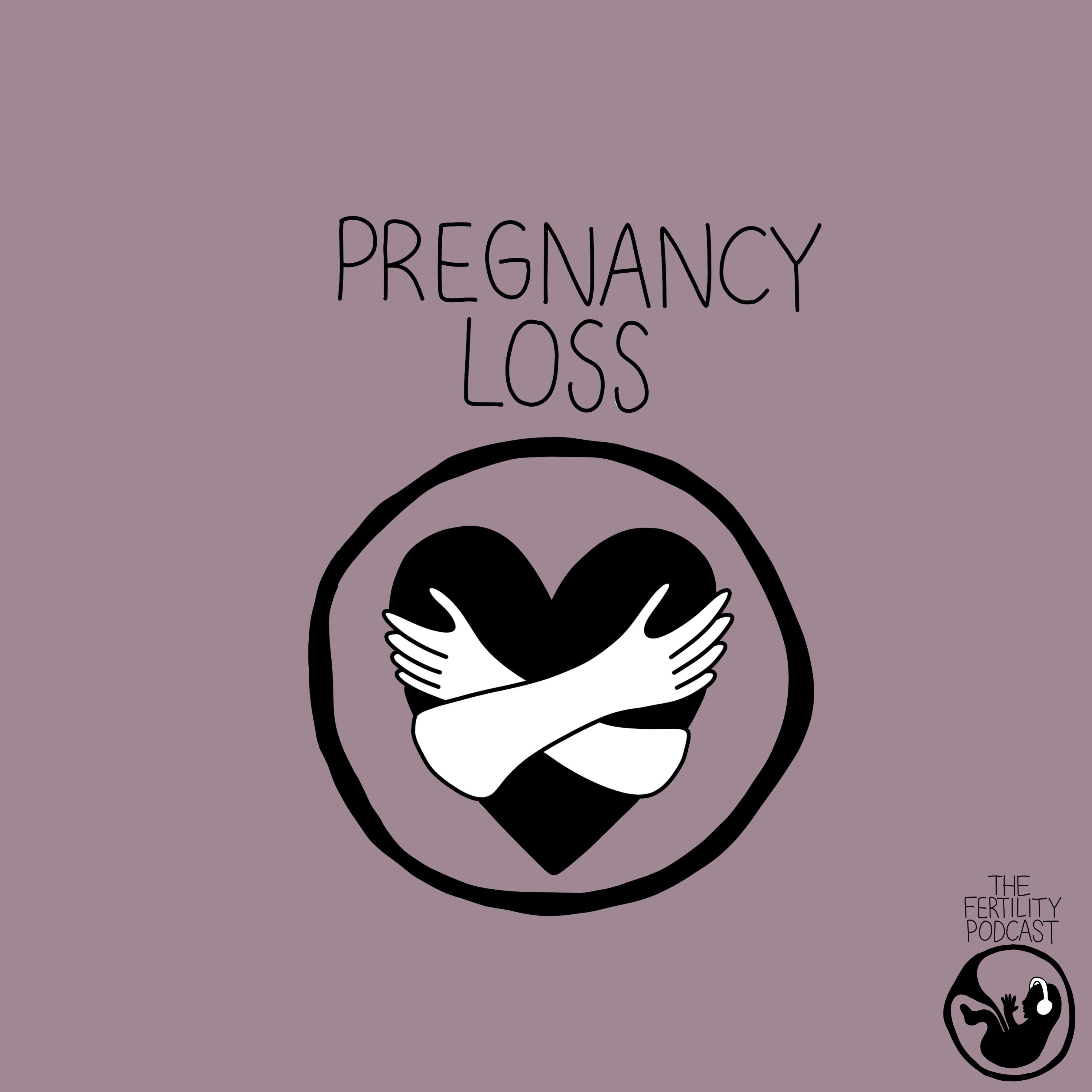Why does Miscarriage Happen?
Welcome to our final episode of the miscarriage series. Thank you for listening over the last few weeks. From your feedback, we know that you’ve found this series informative and importantly, it’s made you realize that you’re not alone.
In this final episode, we want to find out why miscarriage happens and so we chat to Dr. Ingrid Granne – Senior Research Fellow in Reproductive Medicine and a Consultant at The John Radcliffe Hospital in Oxford, where Kate also worked a few years ago.
The common causes of miscarriage
Ingrid tells us that the most common cause of miscarriage is due to genetic mistakes in the early stages of cell division, meaning that the pregnancy is unable to develop past the first few weeks.
The age of the woman has a significant effect on the risk of miscarriage. By the time a woman is 45yrs 1 in 2 pregnancies will end in miscarriage. Diabetes and thyroid are also associated with a miscarriage along with increasing weight. Hormonal and immune factors may also cause miscarriage.
The research
Ingrid has been involved with genetic research into miscarriage that will be published soon. There appear to be genetic factors that predispose some women to miscarriage more than others.
Investigating miscarriage
Ingrid says that there is a move to start investigations after 2 miscarriages rather than 3. This will be welcomed by so many women. Looking at the chromosomes of a pregnancy can be very helpful, especially in helping women understand that there is nothing that they did that would have caused the miscarriage.
For recurrent miscarriage, the most useful test is for Antiphospholipid syndrome – a blood test that looks for antibodies in the blood to identify this autoimmune disorder. Other investigations are looking for inherited tendencies for blood clots by a thrombophilia screen. Testing Thyroid function, chromosomes, and the anatomy of the womb are also important tests.
Baby Aspirin and Progesterone
Interestingly, Ingrid doesn’t recommend baby aspirin as there is evidence that it might have the opposite benefit.
A recent study looking at bleeding in early pregnancy showed there might be a benefit in taking progesterone, especially in women who have experienced recurrent miscarriages who are bleeding in early pregnancy. Ingrid believes that in the coming years it may be routine for these women to be prescribed progesterone.
SOCIAL MEDIA:

